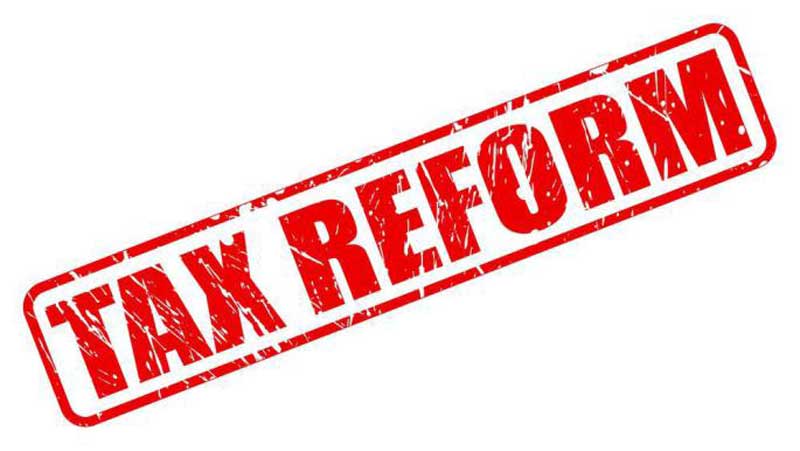×
The Standard e-Paper
Kenya’s Boldest Voice

American award-winning economist Milton Friedman said that “one of the greatest mistakes is to judge policies and programmes by their intentions rather than by their results”. By design, economic policies can look attractive but with devastating effects.







